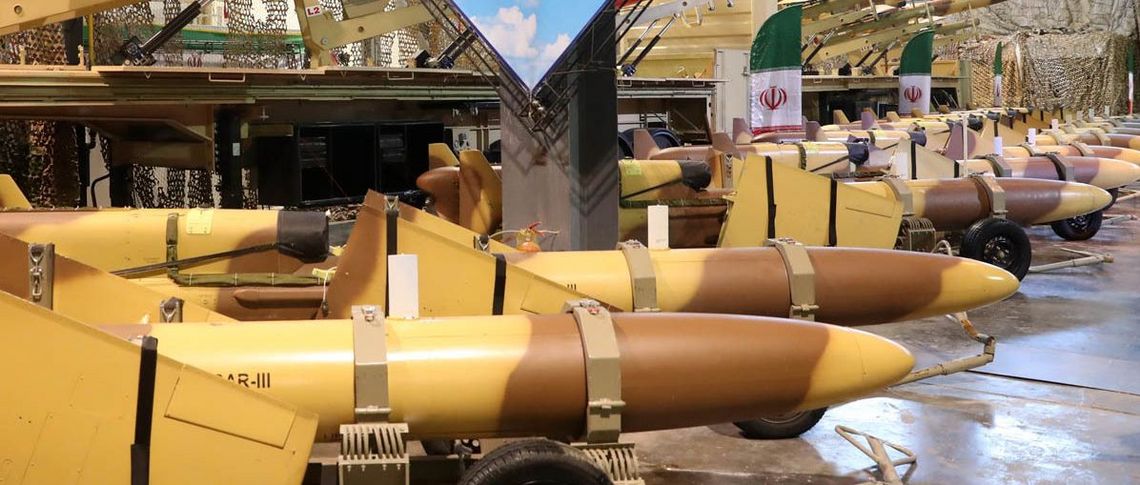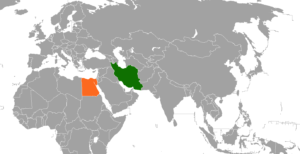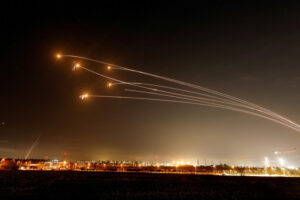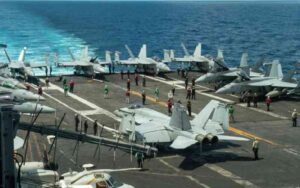As military aircraft from Russia continue to arrive in Iran, the geopolitical landscape in the Middle East is shifting dramatically. Analysts suggest that this burgeoning alliance may signal a coordinated response from Iran and its allies against Israel, particularly following the assassination of Hamas leader Ismail Haniyeh in Tehran. This act has ignited calls for revenge, with Iranian officials indicating that an attack on Israel is imminent.
Iran’s Vow for Retaliation
Iranian leaders have publicly vowed to avenge the killing of Haniyeh, blaming Israel for orchestrating the attack. In response, Iranian officials convened in Tehran with representatives from various Iran-backed groups, strategizing a joint mission aimed at deterring Israeli actions while avoiding a full-scale war. The sentiment among Iranian leaders is clear: they view this moment as a pivotal opportunity to retaliate and assert their influence in the region.
The U.S. government, under President Joe Biden, has expressed its commitment to support Israel against any potential Iranian aggression. However, Biden has also cautioned Israeli Prime Minister Benjamin Netanyahu against escalating tensions further, especially after Israel’s recent military actions that caught Washington off guard. Reports indicate that Biden had a tense conversation with Netanyahu, expressing frustration over the fallout from Israel’s escalatory measures as his administration seeks to broker a ceasefire and address hostage situations involving Hamas.
Russia’s Role in the Conflict
The arrival of Russian military planes in Iran has raised eyebrows among international observers. Analysts like Hayal Muazzi have noted that if conflict erupts, Russia is likely to side with Iran, further complicating the already volatile situation. This partnership is not merely symbolic; it reflects a deepening military cooperation that could see Iran receiving advanced weaponry and support from Moscow.
Russian President Vladimir Putin has made it clear that Russia will respond to U.S. military deployments in Europe, particularly if the U.S. follows through with plans to station medium-range missiles in Germany by 2026. Such developments could lead to a significant escalation of military capabilities on both sides, with potential implications for global security.
The Broader Implications
The potential for coordinated military action against Israel, especially around significant dates in the Jewish calendar, adds a layer of urgency to the situation. Reports suggest that Iran may target Israel on Tisha B’Av, a day of mourning for the destruction of the Jewish Temples, which could amplify the psychological impact of such an attack.
As tensions mount, the international community watches closely, aware that any miscalculation could spiral into a broader conflict involving multiple nations. The U.S. has already increased its military presence in the region, deploying additional fighter jets and naval assets in preparation for possible Iranian retaliation.
A Call for Vigilance and Prayer
In these tumultuous times, it is essential for the Christian community to remain vigilant and engaged in prayer. The unfolding events not only affect the lives of those in Israel and Iran but also have far-reaching consequences for global peace and stability. As believers, we are called to intercede for wisdom for leaders, protection for civilians, and a resolution that honors the sanctity of life.The situation remains fluid, and the coming days will be critical as Iran and its allies prepare for potential actions against Israel. The world watches and prays, hoping for a de-escalation of tensions and a path toward lasting peace in the region.





